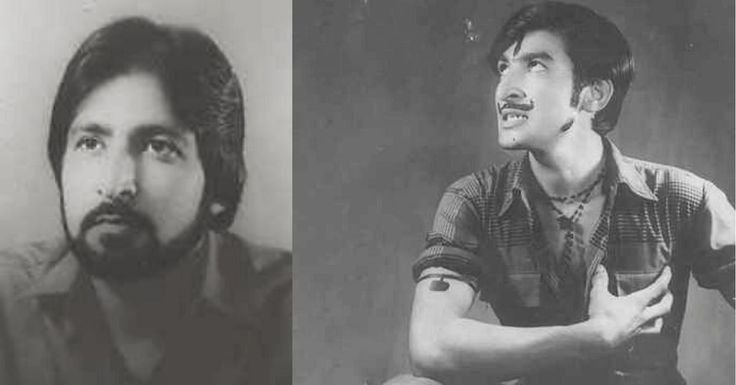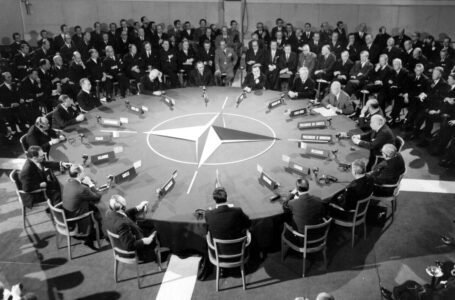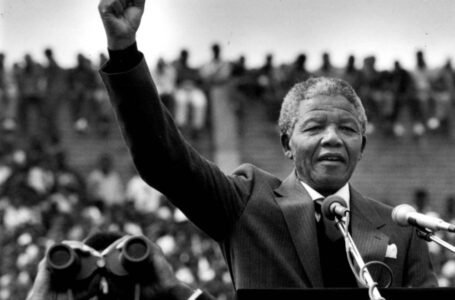Ravindra Kaushik: The Untold Story of India’s Most Courageous Spy

– Mili Joshi
Discover the life of Ravindra Kaushik, the Indian spy who infiltrated Pakistan’s military intelligence. Uncover his bravery, espionage feats, and ultimate sacrifice.
In the annals of Indian espionage history, few names command the awe and reverence that Ravindra Kaushik does. Known as India’s greatest spy, Kaushik lived a life of unparalleled courage, secrecy, and sacrifice. A RAW agent who deeply infiltrated Pakistan’s military establishment, his story is one of national heroism shrouded in layers of mystery.
Ravindra Kaushik was born on April 11, 1952, in Sri Ganganagar, Rajasthan. From a young age, he exhibited remarkable intelligence, charisma, and a passion for the performing arts. He pursued a degree in B.Com and became well-known for his acting and oratory talents in college. His exceptional abilities eventually drew the attention of the Research and Analysis Wing (RAW), India’s external intelligence agency, which was on the lookout for bright minds capable of executing sensitive operations.
Kaushik was recruited by RAW in his early 20s. Undergoing intensive training, he mastered Urdu, Islamic customs, Pakistani social dynamics, and military regulations. This rigorous preparation equipped him to convincingly adopt a new identity—that of Nabi Ahmed Shakir, a Pakistani national. Once his training was complete, Kaushik was dispatched on a covert mission to infiltrate Pakistan.
To solidify his cover, Kaushik enrolled in Karachi University and pursued a law degree, excelling in his studies while embedding himself deeper into Pakistani society. After graduating, he joined the Pakistan Army through legal channels and steadily rose through the ranks, eventually attaining the position of Major. His ascent in the military not only showcased his competence but also enabled him to access critical defense intelligence, which he relayed back to RAW.
Between 1975 and 1983, Kaushik’s intelligence contributions proved invaluable to India. His timely inputs on military deployments, strategic operations, and defense capabilities played a crucial role in shaping India’s military responses. He operated in total secrecy, fully adopting his assumed identity, and even marrying a local woman in Pakistan. He led a dual life, fully immersing himself in his fabricated persona while silently serving his motherland.
However, in 1983, Kaushik’s covert operations came to a tragic end. A newly recruited Indian spy, Inyat Masih, was sent to establish contact with Kaushik. Unfortunately, Masih was captured by Pakistani intelligence, and under extreme torture, he divulged Kaushik’s identity. This revelation led to Kaushik’s arrest by Pakistani authorities, ending his nearly decade-long mission.
Kaushik was subjected to brutal torture and relentless interrogation but refused to betray India. In 1985, he was sentenced to death. However, his sentence was later commuted to life imprisonment. He was incarcerated in several notorious Pakistani prisons, including Sialkot and Kot Lakhpat, where he endured years of harsh conditions, inadequate medical care, and psychological trauma.
Despite the unbearable circumstances, Kaushik remained unwavering in his loyalty to India. He managed to smuggle out letters to his family through fellow prisoners, detailing the harsh conditions he faced and his disillusionment over being abandoned by his country. In these heartfelt notes, he expressed sorrow not for himself, but for his family who had to suffer in silence.
Kaushik died in prison on November 21, 2001, reportedly due to pulmonary tuberculosis and heart disease. He was buried behind the prison walls, away from the nation he had served with such unparalleled bravery and devotion. His death went largely unnoticed in the Indian media, and formal recognition of his sacrifice remained minimal.
Despite his monumental contributions, Ravindra Kaushik’s story is still relatively unknown to the general public. His family has continuously sought acknowledgment of his heroism, petitioning for posthumous national honors and financial support. They remain steadfast in their belief that his legacy must be preserved and celebrated.
Kaushik is often compared to legendary spies such as Eli Cohen of Israel, who similarly infiltrated enemy ranks and paid the ultimate price. But what sets Kaushik apart is the depth of his assimilation into enemy territory and the length of time he successfully operated behind enemy lines. His story is not just one of espionage, but of extraordinary resilience, intellect, and patriotism.
His life has inspired works in Indian pop culture. The Bollywood film “Ek Tha Tiger,” though fictionalized, drew inspiration from his story. Documentaries and biographical features continue to explore the impact of his work, and books have been written that highlight his extraordinary sacrifices.
Ravindra Kaushik’s life imparts invaluable lessons. He exemplified how true patriotism is often quiet, unseen, and deeply sacrificial. He demonstrated that courage is not the absence of fear but the decision to act despite it. His unwavering dedication teaches us that individuals can, indeed, alter the course of history through personal sacrifice.
Today, his name is spoken with admiration among intelligence communities, and his legend is growing, thanks in part to digital media and independent researchers who refuse to let his memory fade into obscurity. In an era where fame often overshadows substance, Kaushik’s life reminds us of the countless unsung heroes who live and die for the greater good.
Ravindra Kaushik’s story is a testament to unwavering courage, national service, and personal sacrifice. Though the world may never fully know the extent of his contributions, his legacy lives on in the hearts of those who cherish India’s sovereignty and freedom.
FAQs About Ravindra Kaushik
- Why is Ravindra Kaushik called “The Black Tiger”?
He was reportedly given the code name “Black Tiger” by then Prime Minister Indira Gandhi for his unmatched bravery and successful infiltration into the Pakistan Army. - How long did Ravindra Kaushik serve in Pakistan?
He operated undercover for nearly 8 years (1975–1983), supplying India with critical military intelligence. - Did India try to bring him back?
There is no official record confirming any successful attempt to rescue him after his arrest. His family has alleged that the government did not make sufficient efforts to secure his release. - Is there any memorial for him in India?
No national memorial exists, although his story is remembered through books, films, and ongoing efforts by his family to preserve his legacy. - How can people honor his legacy?
By learning about his life, sharing his story, advocating for recognition of unsung heroes, and supporting families of those who serve the nation in silence.


